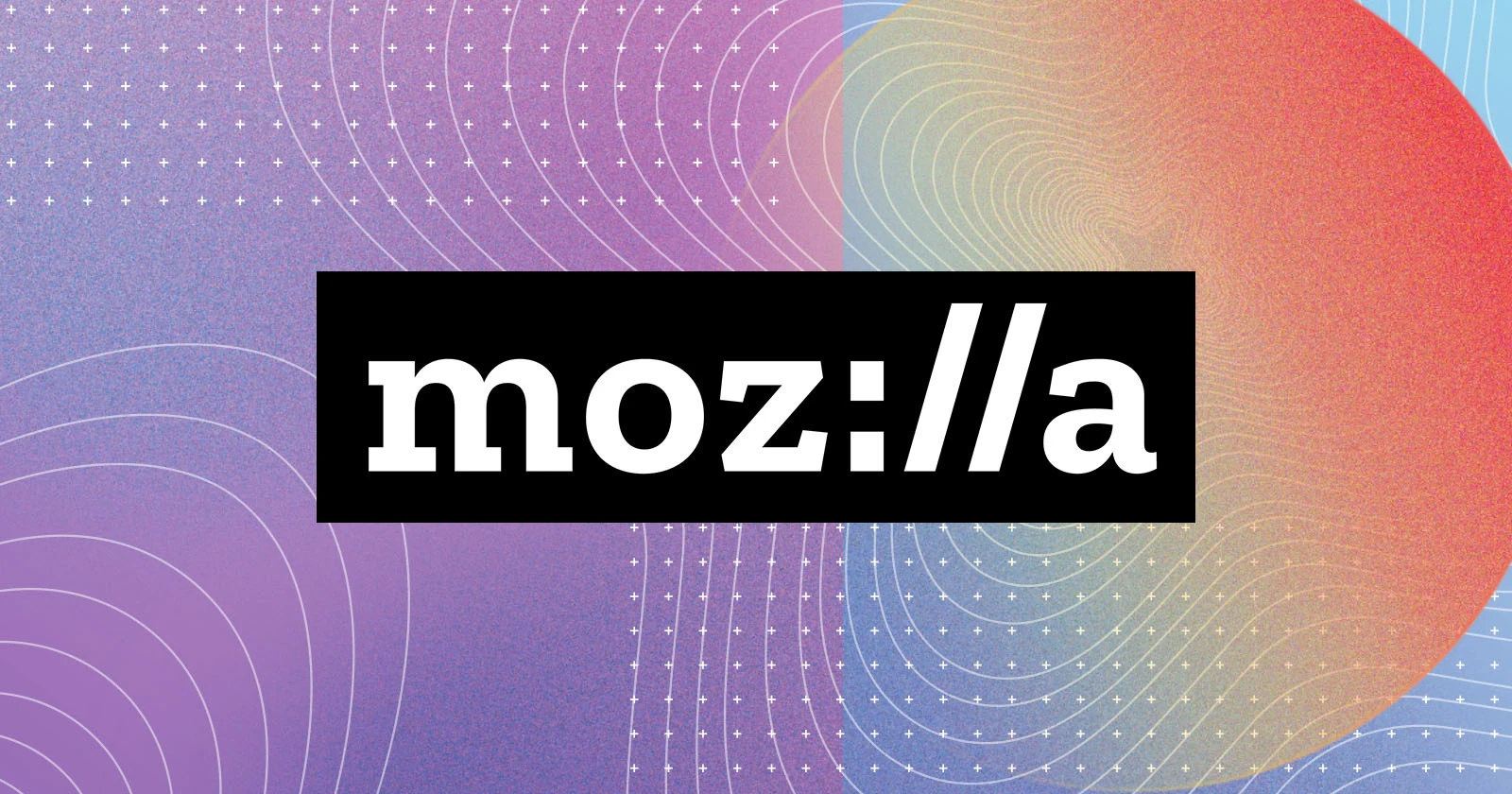Mozilla seems to be ready to give advertising a go, but with a twist that might be more appealing to those who value their data and privacy. On October 3, 2024, the company revealed its ambitious plan to develop a privacy-respecting ad ecosystem, aiming to tackle the industry’s most pressing challenges. Through a combination of product innovation, policy engagement, and infrastructure development, Mozilla aims to prove that online ads can be effective without sacrificing user privacy.
The announcement, laid out by Mozilla Corporation CEO Laura Chambers and Mozilla President Mark Surman in two separate blogs, highlights the company’s goal to balance commercial interests with public good. Their approach revolves around offering digital advertising solutions that protect user data while keeping the internet free and accessible.
A shift toward privacy-first ads
Mozilla has carved out a niche for itself by concentrating on the development of advertising tools that are designed for a cooperative ad environment that is profitable but does not violate user privacy per se. Ad content is going to further remain the lifeblood of content creation, as per Christine Chambers, the Managing Director of Mozilla Corporation. But as it stands now, and in Mozilla’s view, the methodology of gathering and disseminating user data is not only unruly but also unsustainable.
“We believe the current trade-offs people are forced to make between accessing free content and having their data exploited are unacceptable,” Chambers said. Mozilla’s goal is to enable effective advertising while prioritizing privacy, using advanced cryptographic techniques to anonymize user data.
The company’s acquisition of Anonym earlier this year is a cornerstone of this strategy. Anonym is building technology to enable privacy-preserving data sharing between advertisers and publishers. Instead of relying on invasive individual tracking, Anonym’s solution aggregates population-level insights using techniques like differential privacy, where individual data is kept confidential and only anonymized, aggregated outputs are shared.
Building privacy into Mozilla’s products
Mozilla is also integrating this privacy-centric approach into its own suite of products. Firefox, for instance, will continue to block the most invasive tracking technologies, while still supporting less intrusive advertising. Mozilla basically wants to demonstrate that privacy-preserving ads can be effective and profitable at the same time.
In addition to Firefox, Mozilla intends to explore similar opportunities with products like Fakespot, its online review verification tool, and possibly future endeavors. These products, according to Chambers, will adhere to Mozilla’s core principles of privacy, openness, and user choice.
Addressing past missteps and challenges
The company’s new privacy push follows a recent incident that led to confusion among its users. As Chambers noted in her blog, Mozilla recently tested a feature called Privacy Preserving Attribution (PPA) in Firefox, which aims to allow advertisers to track the success of their campaigns without violating user privacy. Though the trial was never activated externally, it raised concerns, prompting Mozilla to apologize and promise better communication in the future.
Mark Surman, Mozilla’s president, further explained the company’s reasoning in his blog post. He noted that not everyone would be excited about Mozilla’s move into online advertising. But he insisted that it was a crucial step to protect our privacy in a world where ads are everywhere.
“We cannot afford to ignore the reality we live in now,” Surman wrote. “Advertising funds much of the free internet, and while we continue to explore alternative models, we must improve the system we have today.”
A new industry standard?
Mozilla’s efforts come at a time when privacy-preserving advertising is gaining traction across the industry. Google, Apple, and Microsoft have all begun exploring similar technologies to phase out invasive third-party cookies, with projects like Google’s Privacy Sandbox and Apple’s Privacy-Preserving Ad Measurement. However, Google did backtrack on its initiative to get rid of cookies. This is where Mozilla comes in. They don’t have much to lose, but a lot to gain.
It seems like we’ll just have to wait and see how Mozilla’s plan plays out in the real world. Most things often appear fool-proof on paper, but crumble when brought into action. Nevertheless, for the privacy-conscious among us, this seems like a step in the right direction. Let us know your thoughts on Mozilla’s ambitious plan to create a privacy-respecting ad ecosystem in the comments section below.
TechIssuesToday primarily focuses on publishing 'breaking' or 'exclusive' tech news. This means, we are usually the first news website on the whole Internet to highlight the topics we cover daily. So far, our stories have been picked up by many mainstream technology publications like The Verge, Macrumors, Forbes, etc. To know more, head here.


